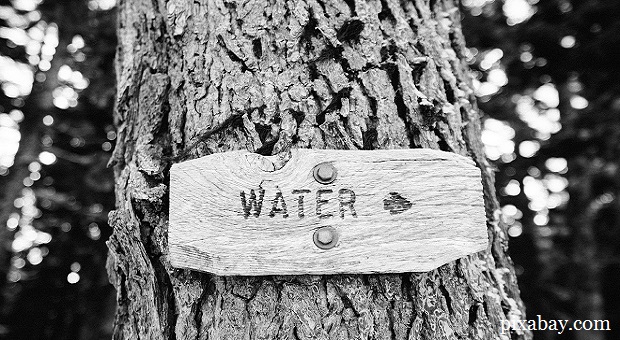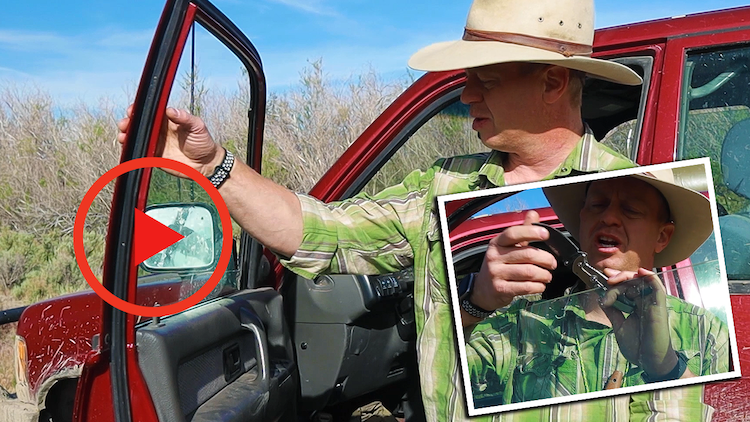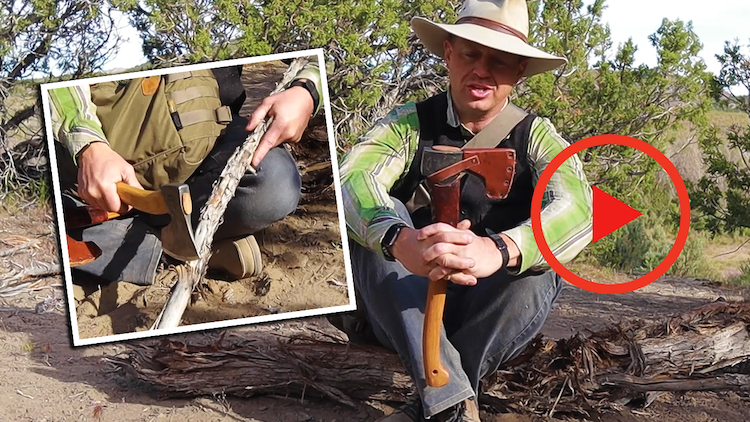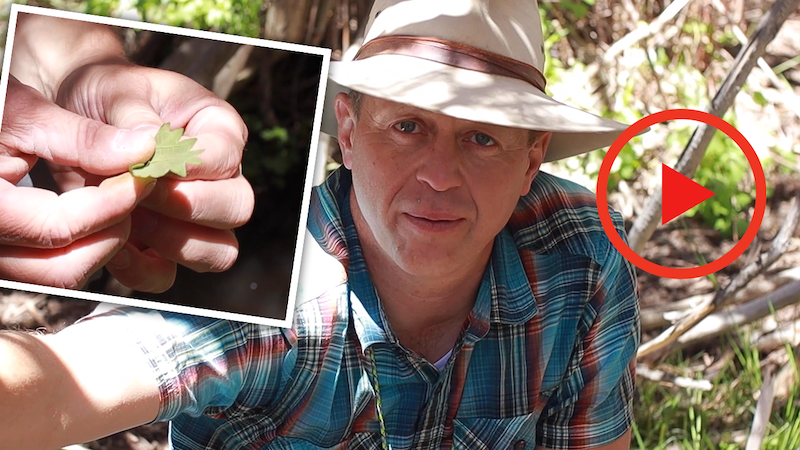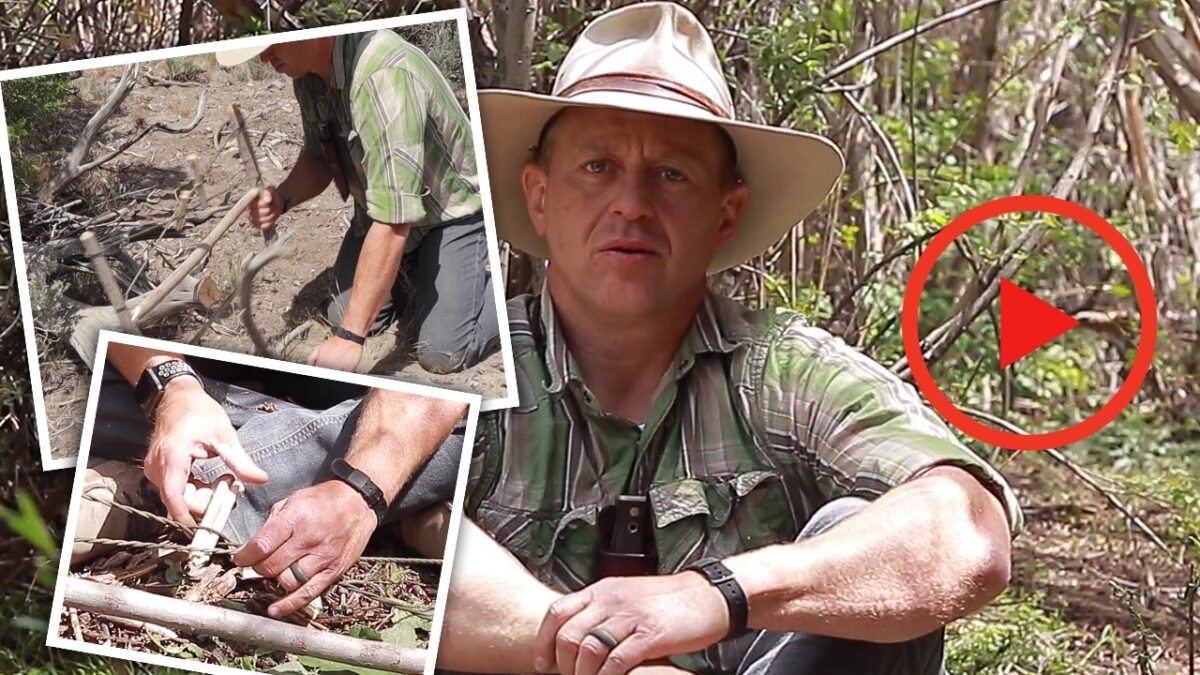Do you know that saying, “cleanliness is next to godliness?” Well, it may be true, but how about staying clean in the wild? That’s a pretty interesting concept, especially for modern-day potential survivalists who never get their hands dirty in any real sense of the word.
Today’s article is about funk removal or camp sanitation practices or whatever you want to call it.
It’s all about health and less about the aesthetics of the wilderness. The name of the game is about keeping away viruses, bacteria and other nasties (like foul odors which may attract wild beasts), as efficiently and as humanly possible in a given situation.
Let’s take cats for example: those lovely critters who keep themselves squeaky clean by licking only. Other wild animals also have their own methods of staying clean in the absence of modern-day utilities or running water that’s right there at the flick of a wrist.
Deer, bears, and wolves have automated cleaning systems at their disposal, i.e. they shed skin and fur regularly via a natural process, thus eliminating insects that feed on their blood and skin.
Also, wild animals like to rub up against rocks or trees to scratch themselves, thus removing extra fur and skin and eliminating the dirt and the parasites. And it’s worth mentioning that wild animals take an occasional bath when they cross a lake or a river, too.
Now, think about medieval Europe, especially King Louis 4th of France’s court, when people only bathed maybe once a year. Instead, they used something along the lines of dry cleaning; i.e. they wiped themselves with pieces of cloth impregnated in perfume, vinegar, and mixtures that eliminated of covered odor, plus they changed their clothes relatively often.
When you think of that, our modern-day obsession for cleanliness and sterile food and clothes may seem like an obsessive/compulsive disorder.
However, staying clean as a whistle at all times comes with its own advantages, like vibrant health and a general sense of well-being. So, how can one reconcile the problem of going camping or being stranded in the wild with the need for cleanliness, as the two are basically opposite situations?
The very act of going on an outdoors adventure means you’re getting yourself out of our concrete-made world. You’re going off-grid for real, to dance with the wolves and howl at the moon.
3 Second SEAL Test Will Tell You IF You Would Survive a SHTF Situation
You’re subjecting yourself to the elements with no running water, nor a sanitary way to wash yourself. No plumbing, no toilet to speak of, and reliant on DIY cooking, sleeping and eating on the ground, and so forth and so on.
Even though a rustic camp-out is a must-master experience for any respectable prepper, staying clean throughout the entire endeavor will keep you occupied, provided you care about your physical/mental health and peace of mind.
Everything revolves around quality of life, whether you’re living in a modern city, surrounded by all the gadgets and amenities our 21st century lifestyle affords us, or living somewhere off the grid, with a tin foil hat on your head while reading subversive literature somewhere in a log-cabin in the woods.
I’m only kidding, of course, but in both situations, cleanliness is essential for preventing disease and infections. In a survival situation, things are even worse for folks with poor hygiene, as poor hygiene will reduce the chances of survival.
Now, some of my regular readers, if I have even one, may argue that it’s only natural to smell like a bucket of rotten eggs left out in the sun in 120-degree weather for two days, because after all, when in the woods, you do what the bear does, i.e. you stink; that’s the way it is.
The Sponge Bath
Well, the answer to that is: why don’t you take a sponge bath?
This is one of the main actions you can take in order to stay clean in an outdoors (survival) scenario. Yes, I wasn’t kidding; it’s very important to take a bath (well, sort of) each day, even when out in the wild. Remember my Louis 4th reference in the preamble of the article?
The thing is, you can use a camp towel and some water to wash your pits, your feet and groin properly. These are the main areas that will begin to stink up the place on an outdoors trip, and are also areas that are particularly susceptible to many harmful microbes, or even heat rash, jungle rot, or fungal infection.
Boil you water beforehand to kill all germs, if you’re obsessed with that kind of stuff, or depending on the nature of your water supply.
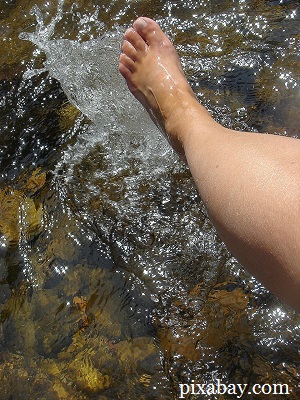
Whenever possible, don’t forget to dip your feet in running water.
If you’ll be able to do that at least twice a day for 5 minutes, then let them dry before you put your shoes back on and move on it will work wonders for mitigating potential blisters and eliminating bacteria and fungus.
This Is How To Survive When All Hell Breaks Lose
And while you’re at it, if you camp near a source of water, which is nearly always the ideal case with well-trained outdoors survivalists, wash your socks and let them to dry near the fire overnight on a daily basis.
The Air Bath
If water is scarce, you can take an “air” bath by removing all your clothes and exposing your naked body to the sun (read germ-killing UV light) and air for at least sixty minutes.
If you don’t have soap, you can use sand or ashes instead, for cleaning yourself thoroughly, provided you have a good water source nearby. Don’t do this if you don’t have a way to rinse thoroughly because the grit will cause irritation and sores that can lead to infection, or at least discomfort.
And don’t worry; you can always improvise soap from wood ashes and animal fat, provided you have the means.
To make “natural” soap, you’ll require some animal fat cut into small pieces then cooked in a pot for extracting the grease. You’ll have to add enough water to the pot to prevent the fat from sticking.
Remember to stir the mix frequently and cook the fat slowly until the fat is rendered. Then, the resulting grease must be poured in a separate container to harden.
The wood ashes (preferably from hardwood if you want your soap to harden) will be put in another container that has a spout near the bottom. Then, as you pour water over the ashes, you’ll collect the liquid dripping from the spout in another container.
That stuff is called lye or potash. Another method for collecting the lye is to pour the combo of ash and water through a filter made from a piece of cloth.
Both of these methods take a bit longer than if you just boil the ash in a bit of soft water – rainwater is best – for 30 minutes or so. Let the ash settle then skim the lye off the top and follow the directions below. Be careful because lye is caustic.
In the next step, mix 2 parts grease with 1 part lye and place the combo over a fire. Allow it to boil slowly until it thickens. After the (now liquid soap) cools, you pour it into a pan and allow it to harden, then cut it into soap bars and there you have it, DIY soap for emergencies.
You can now use a cloth and soapy water to wash your armpits, feet, and crotch daily now, not to mention being capable of washing your hands after going to the “bathroom” in the woods or before cooking food and all that.
Don’t Forget the Teeth!
Keeping your mouth clean is also very important. If you don’t have a toothbrush, you can DIY a chewing stick from a 4-inch-long/1-inch-wide twig. You’ll have to chew up at one end of the twig until you separate the fibers then brush your teeth with the resulting gizmo resembling a toothbrush.
Another method is to use a clean strip of cloth wrapped around your fingers for rubbing your teeth, thus wiping away food particles.
Willow bark tea makes for an excellent mouth wash, together with salt water. You can floss your teeth using fibers or a piece of string.
The campsite must also be kept clean at all times, i.e. do not soil the camp site area with feces or urine. Try to dig cat holes several yards away from the camp and cover the waste for best results.
We’re used to take everything for granted in our modern world, but only some of us would be able to face a major shift in our society. Interacting with nature and using its resources will provide you the means of survival.
Would you make it? Click the banner below for more!
I hope the article helped. If you have other ideas or comments, feel free to use the dedicated section below.
This article has been written by Chris Black for Survivopedia.


